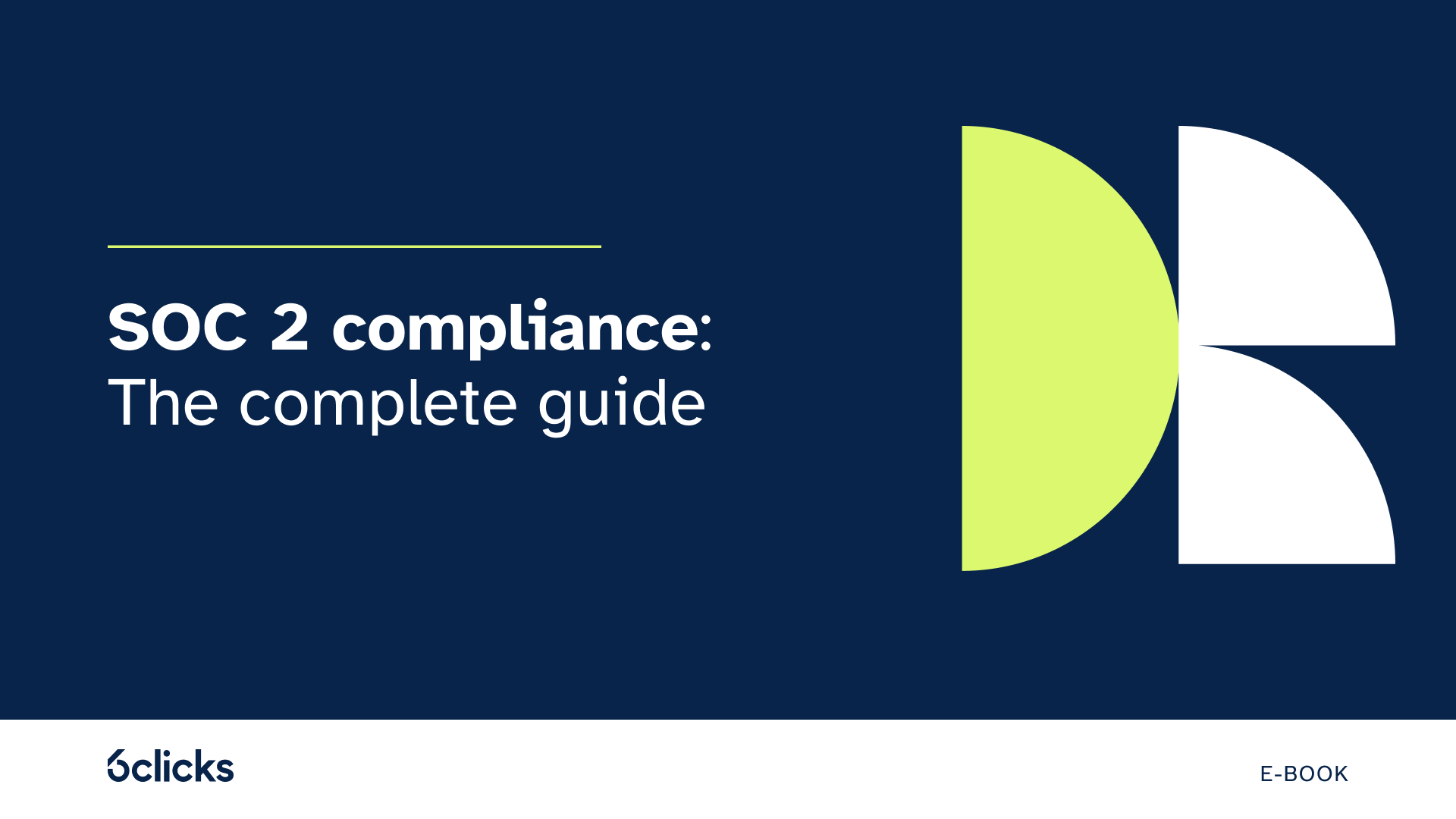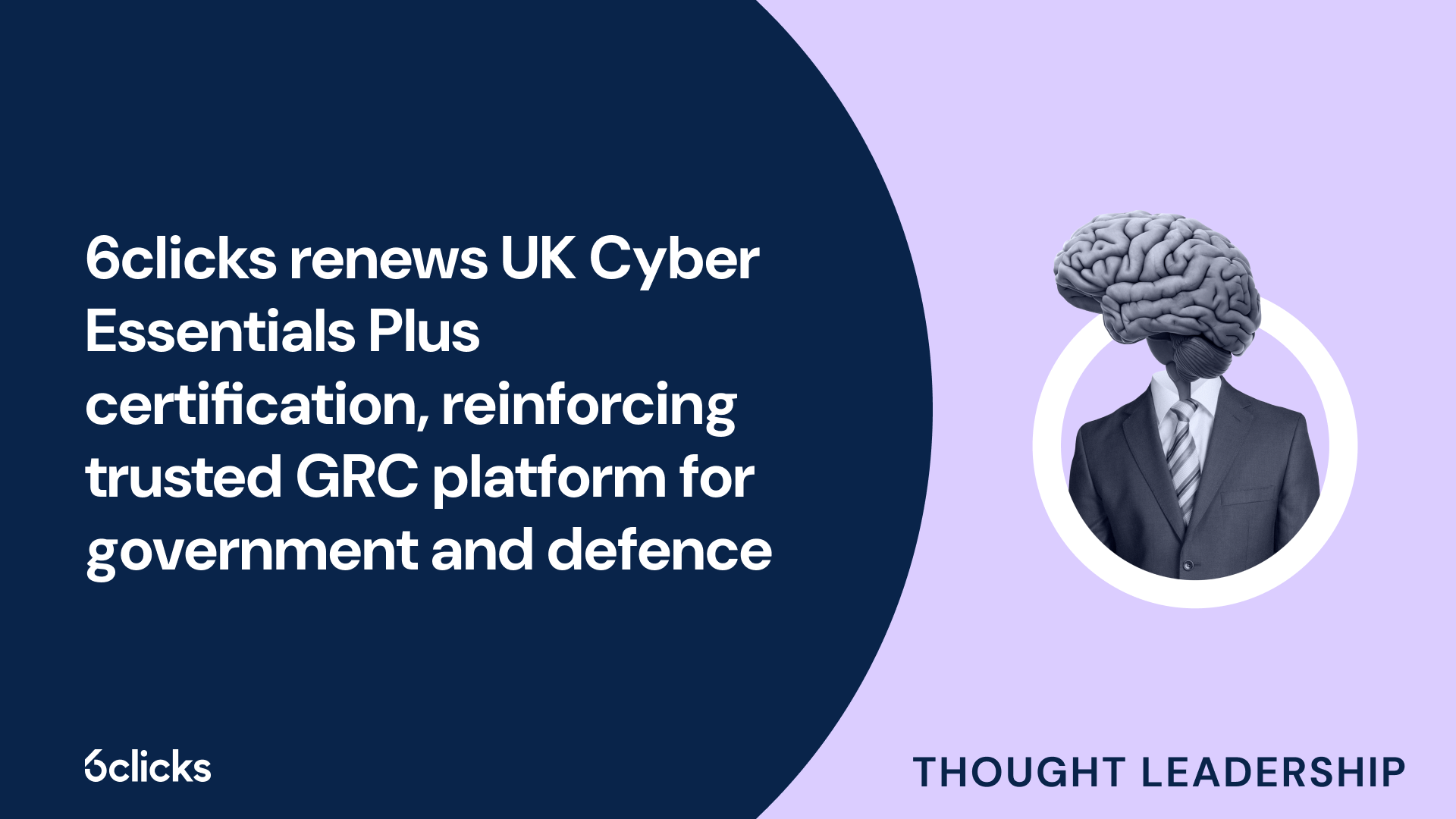Mastering the cybersecurity domain in 2025
Discover how to future-proof your organization’s cybersecurity in 2025. This free guide from 6clicks explores core security domains, regulatory frameworks, and how to integrate GRC for scalable, resilient, and audit-ready programs. Essential reading for CISOs, risk managers, and compliance leaders.
-1.png?width=200&height=249&name=Group%20193%20(1)-1.png)
Mastering the cybersecurity domain in 2025
How do energy and utilities manage cyber risk using domain-based frameworks?
TL;DR: Energy and utility providers use cybersecurity domains to protect critical infrastructure, ensure service continuity, and meet compliance mandates—addressing unique threats to operational technology (OT) and industrial control systems (ICS).
According to the 6clicks expert guide Mastering the Cybersecurity Domain in 2025, the energy and utilities sector is one of the most targeted by cyber attackers. Power grids, water systems, and fuel pipelines are now part of a growing threat landscape where digital transformation intersects with physical operations.
This sector applies the 8 core cybersecurity domains to safeguard everything from IT networks to OT environments—often under tight regulatory scrutiny.
Key domain applications in energy and utilities:
-
Security architecture and engineering
Builds segmented, fault-tolerant network designs for SCADA and ICS systems using zero trust principles. -
Security operations
Enables real-time monitoring of industrial assets, anomaly detection, and fast response to system disruptions or intrusions. -
Security and risk management
Establishes cyber governance and risk frameworks aligned with NERC CIP, IEC 62443, and other global energy regulations. -
Asset security
Classifies and protects field devices, control servers, and telemetry systems based on criticality. -
IAM
Restricts privileged access to engineering workstations, programmable logic controllers (PLCs), and OT systems.
Why this domain-driven approach is vital
Threats like ransomware, nation-state attacks, and insider sabotage pose serious risks to national security and public safety. Domain-based frameworks allow energy companies to:
-
Prevent cascading failures across grid infrastructure
-
Build incident response capabilities tailored to physical-digital convergence
-
Meet growing demands from regulators and ESG-conscious investors
-
Ensure reliability and resilience during both cyber and physical crises
Securing critical infrastructure from cyber disruption?
Book a demo with 6clicks today to discover how our platform supports NIST, IEC 62443, and NERC CIP compliance—while enabling proactive OT and IT risk management across all cybersecurity domains.










